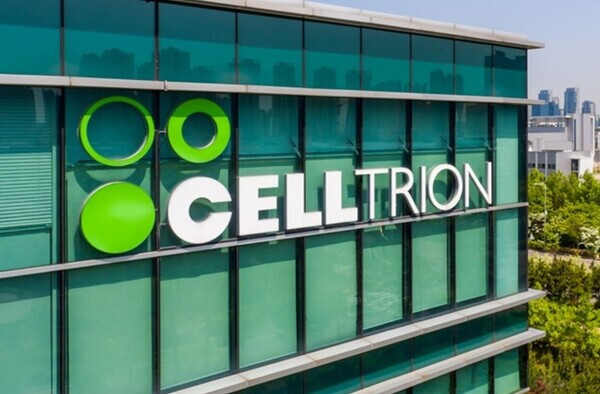
SEOUL – South Korean listed companies have significantly increased their share buyback and cancellation activities in 2024, exceeding 14 trillion won ($10.7 billion USD) in buybacks and 12 trillion won ($9.2 billion USD) in cancellations. This surge is attributed to companies actively adopting "value-up" programs to enhance corporate value and defend against stock price declines amid a market downturn.
Key Findings:
Share Buybacks: Totaled 14.3 trillion won, a 72.8% increase from 8.3 trillion won in 2023.
Share Cancellations: Reached 12.1 trillion won, a 156% jump from 4.7 trillion won in 2023.
Participating Companies: The number of listed companies engaging in buybacks rose by 23.4%, and those involved in cancellations increased by 42.7%.
Top Companies:
Korea Zinc: Led in buybacks with 2.1 trillion won, driven by a bid to gain an advantage in a management control dispute.
Samsung Electronics: Followed closely with 1.9 trillion won in buybacks, part of a previously announced 10 trillion won buyback plan.
Samsung C&T: Topped the list in share cancellations, extinguishing 1.2 trillion won worth of its own shares.
Reasons for the Increase:
Market Downturn: Companies sought to stabilize stock prices amidst a general market decline.
Government Initiatives: The government's push for "value-up" programs to boost corporate value encouraged companies to take action.
Enhanced Shareholder Value: Buybacks and cancellations are seen as ways to return value to shareholders.
Challenges and Considerations:
Korea Zinc's Delayed Cancellation: Despite announcing a 2 trillion won share cancellation, the company has yet to carry it out, drawing criticism from stakeholders.
Potential for Abuse: There are concerns that buybacks could be used to manipulate stock prices or consolidate control, rather than genuinely enhance shareholder value.
Looking Ahead:
The trend of increased share buybacks and cancellations is expected to continue as companies prioritize shareholder returns and seek to navigate market volatility. However, it will be crucial to ensure transparency and prevent any misuse of these practices.
[Copyright (c) Global Economic Times. All Rights Reserved.]






























